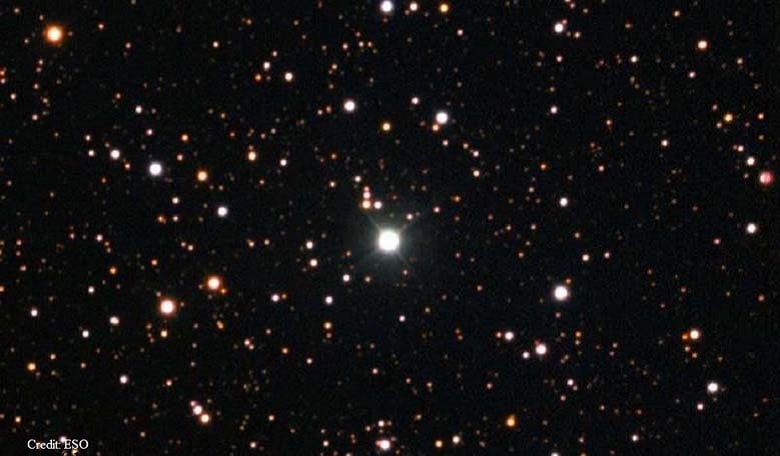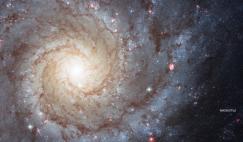A team of astronomers from the Astronomical Observatory of Córdoba (Argentina) announced that they've found a new young lithium-rich giant star, designated KIC 9821622. Using data from the GRACES spectrograph at the Gemini North telescope in Hawaii, they were able to determine the chemical presence of 23 elements, as well as its mass, radius and age.
KIC 9821622 is a lithium-abundant, intermediate-mass giant start (1.64 mass of the Sun), located about 5300 light years from Earth. Lithium-rich stars are very rare, constituting only 1-2% of all observed giant stars.
Researchers determined that KIS 9821622 is also rich in carbon, nitrogen and oxygen. Typically, stars destroy most of their lithium soon after formation, consuming it at nuclear fusion temperatures, and not remaking it. Therefore it is especially fascinating for scientists to figure out how giant stars can become rich in lithium.
Some of the possibilities for this anomaly may be that the presence of lithium is the result of internal lithium that is synthesized near the luminosity bump, or that it is caused by the accretion of plants or brown dwarfs. Swallowing a planet could provide a new supply of lithium, however no traces of an orbiting planet or a binary star have yet been found that could support this theory.
Researchers that discovered KIC 9821622 emphasize the need for further observation of this and other lithium-rich stars. Such studies could be important for better understanding of stellar evolution.
The results of their research are published in the December issue of Astronomy & Astrophysics journal.











